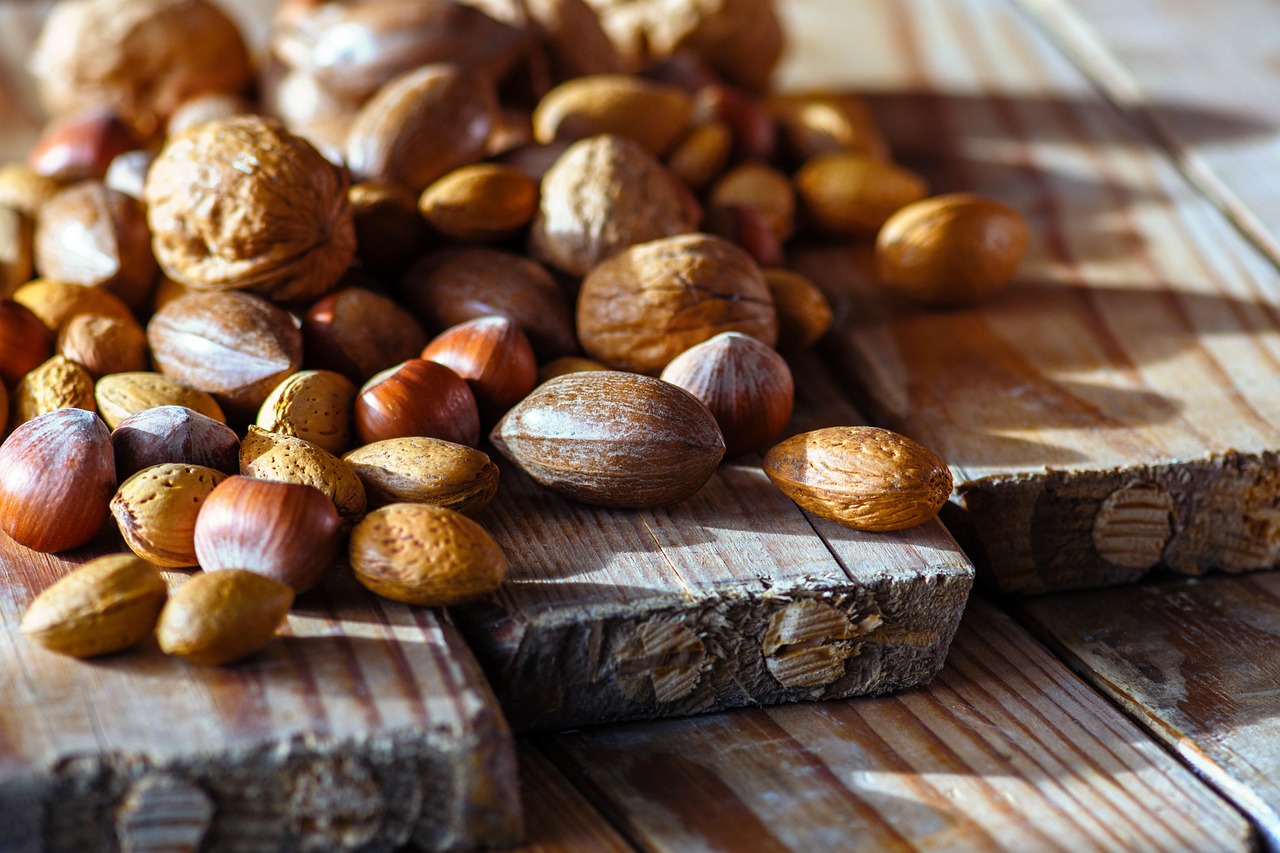“`html
As the world becomes increasingly health-conscious and aware of environmental issues, the popularity of plant-based diets has soared. These diets, which primarily consist of fruits, vegetables, grains, legumes, nuts, and seeds, offer numerous health benefits while also promoting sustainable living. In this blog post, we will delve into what a plant-based diet entails, its benefits, nutritional considerations, meal planning tips, and how to successfully incorporate it into your lifestyle.
What is a Plant-Based Diet?
A plant-based diet is a holistic approach to eating that prioritizes foods derived from plants. It doesn’t necessarily exclude animal products entirely but emphasizes whole plant foods. This diet can include a variety of eating patterns:
- Vegetarian: Excludes meat but may include eggs and dairy.
- Vegan: Excludes all animal products.
- Pescatarian: Excludes meat but includes fish.
- Flexitarian: Primarily plant-based but occasionally includes meat or fish.
Health Benefits of a Plant-Based Diet
Transitioning to a plant-based diet can lead to several health improvements. Numerous studies support these findings:
1. Weight Management
- Most plant-based foods are low in calories and high in nutrients, making it easier to maintain a healthy weight.
- A study published in the Journal of General Internal Medicine found that vegetarians tend to have lower body mass indexes (BMIs) than non-vegetarians.
2. Reduced Risk of Chronic Diseases
- Plant-based diets are associated with a reduced risk of heart disease, diabetes, and certain types of cancer.
- Research shows that individuals following a plant-based diet have a 32% lower risk of developing coronary artery disease.
3. Improved Digestive Health
- Rich in fiber, a plant-based diet promotes good digestion and prevents constipation.
- Fiber also feeds beneficial gut bacteria, enhancing overall gut health.
Nutritional Considerations
While a plant-based diet is nutritious, it’s essential to ensure you’re not missing out on key nutrients:
1. Key Nutrients to Monitor
- Protein: Include sources like legumes, tofu, tempeh, and quinoa.
- Vitamin B12: Consider fortified foods or supplements.
- Omega-3 Fatty Acids: Include flaxseeds, chia seeds, and walnuts.
- Iron: Consume lentils, chickpeas, and spinach, and pair with vitamin C-rich foods for better absorption.
2. Balancing Your Plate
To create a nutritionally balanced meal, aim for the following:
- Fill half your plate with a variety of colorful vegetables and fruits.
- Include a quarter of whole grains like brown rice or quinoa.
- Allocate the remaining quarter for protein sources such as beans, tofu, or nuts.
Meal Planning Tips
Effective meal planning is key to maintaining a plant-based diet. Here are some practical tips:
1. Plan Ahead
- Create a weekly menu to simplify grocery shopping.
- Cook larger batches and freeze leftovers for busy days.
2. Stock Your Pantry
Keep your pantry stocked with these essentials:
- Whole grains: brown rice, quinoa, oats.
- Canned beans and legumes for quick meal additions.
- Frozen fruits and vegetables for easy smoothies and sides.
Incorporating a Plant-Based Diet into Your Lifestyle
Making the shift to a plant-based diet can be a rewarding journey. Here are some actionable steps to ease the transition:
1. Start Slowly
- Introduce one plant-based meal per week and gradually increase as you become more comfortable.
- Replace meat with plant proteins in your favorite dishes.
2. Explore New Recipes
Experiment with diverse ingredients and flavors:
- Try cuisines known for plant-based dishes, such as Mediterranean or Indian.
- Use social media platforms like Pinterest or Instagram for inspiration.
Conclusion
A plant-based diet offers a wealth of health benefits while contributing to environmental sustainability. By understanding the fundamentals of this dietary approach and planning effectively, you can enjoy a nutritious and satisfying way of eating. Remember, it’s not about perfection, but progress. Start small, and you may find that integrating more plant-based meals into your diet enriches your life in unexpected ways. So why not take that first step today and explore the incredible world of plant-based eating?
“`






